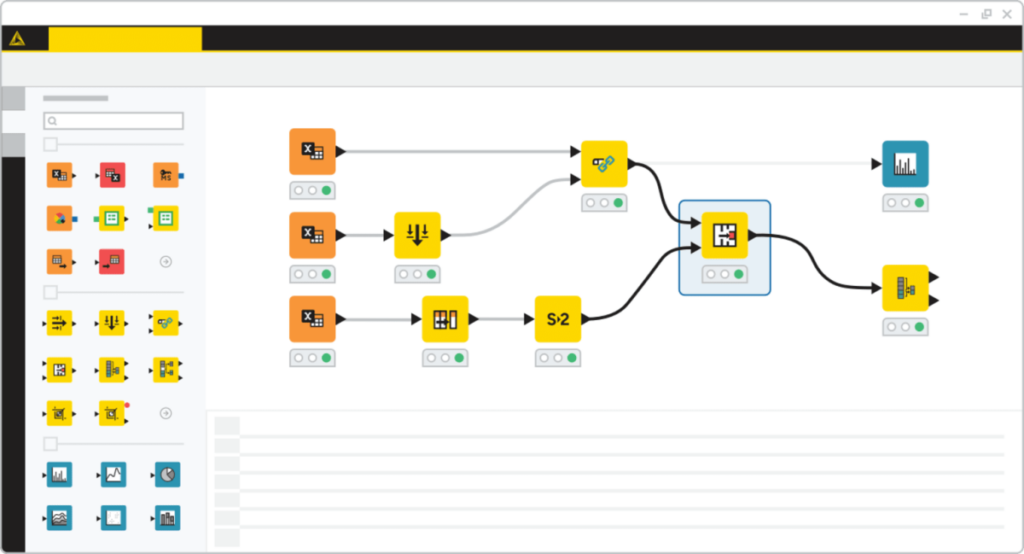German scientists have raised $30M to help companies better manage and utilize their data, addressing common challenges faced by data analytics teams
Michael Berthold, a German computer scientist, became aware of the issue while serving as a professor at Konstanz University. During his tenure, he provided consultation to numerous organizations that were attempting to implement data analytics practices. Berthold informed TechCrunch that these organizations frequently expressed a desire for a platform to assist in the processing and analyzing of their data. Consequently, he and several of his colleagues embarked on developing such a platform.
Berthold stated that the initial objective was to develop a modular, highly scalable, and open data processing platform that would facilitate the seamless integration of various data importing, processing, transformation, analysis, and visual exploration modules without a particular emphasis on any particular application area.
“The software was intended to function as an integration platform for a variety of other data analysis projects and to be of a professional caliber.”
The colleagues above (Bernd Wiswedel and Thomas Gabriel) joined Berthold on the founding team, and the resulting open-source platform, KNIME, eventually evolved into a VC-backed venture of the same name.
Audi, AMD, Lilly, Novartis, Bayer, Sanofi, Genentech, the FDA, P&G, and Mercedes-Benz are among the 400 KNIME customers currently paying for the fully managed version of its platform. Berthold reports that KNIME’s annual recurring revenue has been increasing by 30-40% annually since its establishment in 2008, and it currently amounts to approximately €30 million ($~32.35 million).

KNIME’s software is constructed on visual, no-code workflows that are intended to be seamlessly integrated with the record systems of an organization. Users can use KNIME to construct algorithms that transform data, convert data into reports and visualizations, or compare one data set to another, irrespective of its location.
Companies can automate, deploy, and operate data workflows with optional governance and security capabilities through KNIME’s business hub. Additionally, the hub is the location where they can establish internal workflow libraries, enabling teams to share and modify workflows as required or to implement workflows developed by the broader KNIME community.
KNIME’s services are priced at a premium; the business hub’s annual licenses commence at $39,900. However, consumers appear to be willing to pay for them, which has attracted the attention of investors.
Invus has invested $30 million in KNIME’s business, bringing the total amount raised by the company to $50 million. This announcement was made this week. According to Berthold, the proceeds will be allocated to the expansion of KNIME’s team from 250 to 275 by the end of the year, as well as customer acquisition initiatives in the United States, Europe, the Middle East, and Africa.
Berthold emphasized the capabilities of KNIME’s recently launched AI assistant, which assists users in initiating or enhancing existing data projects to maintain a competitive edge against data analytics competitors such as Dataiku, Alteryx, IBM, and SAS. Berthold also stated that KNIME intends to expand its software-as-a-service portfolio, focusing on small- and medium-sized enterprises that offer pay-as-you-go tiers.
Berthold stated, “KNIME was on the brink of profitability in 2024; however, we have elected to increase our investment and expand in the years ahead.” “The technology sector has experienced a decline, which has primarily led to extended sales cycles and more challenging negotiations.” KNIME has been well-positioned for the future, as the open-source analytics platform has continued to be adopted, even though budgets were temporarily suspended in certain instances.



